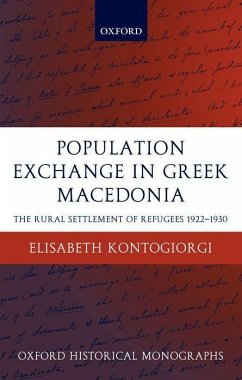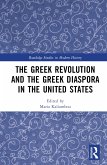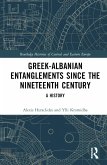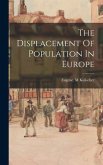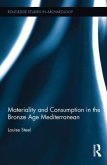Kontogiorgi also throws light upon and analyses the puzzling mixture of achievement and failure which characterizes the history of the region during this transitional period. As the first successful refugee resettlement project of its kind, the 'refugee experiment' in Macedonia could provide a template for similar projects involving refugee movements in many parts of the world today.
Following the defeat of the Greek Army in 1922 by nationalist Turkish forces, the Convention of Lausanne in 1923 specified the first compulsory exchange of populations ratified by an international organization. The arrival in Greece of over 1.2 million refugees and their settlement proved to be a watershed with far-reaching consequences for the country. Elisabeth Kontogiorgi examines the agricultural settlement of a great number of refugees in Greek Macedonia against the background of forced migration and refugee studies more generally.
Following the defeat of the Greek Army in 1922 by nationalist Turkish forces, the Convention of Lausanne in 1923 specified the first compulsory exchange of populations ratified by an international organization. The arrival in Greece of over 1.2 million refugees and their settlement proved to be a watershed with far-reaching consequences for the country. Elisabeth Kontogiorgi examines the agricultural settlement of a great number of refugees in Greek Macedonia against the background of forced migration and refugee studies more generally.

